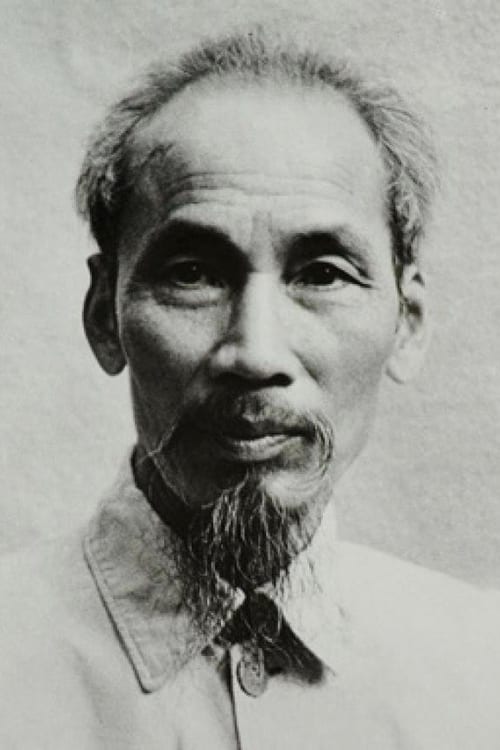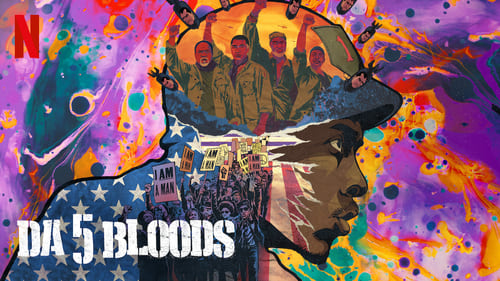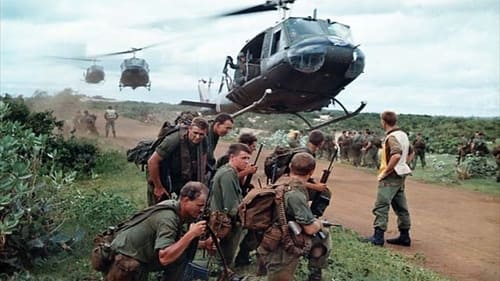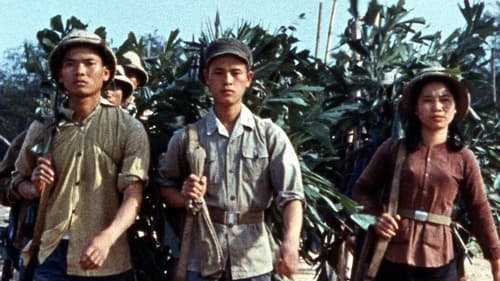Hồ Chí Minh
Birth : 1890-05-18, Nghệ An, Nietnam
Death : 1969-09-02
History
Hồ Chí Minh (19 May 1890 – 2 September 1969) was a Vietnamese revolutionary and politician. He served as Prime Minister of North Vietnam from 1945 to 1955 and President from 1945 until his death in 1969. Ideologically a Marxist–Leninist, he served as Chairman and First Secretary of the Workers' Party of Vietnam.
Hồ Chí Minh led the Việt Minh independence movement from 1941 onward, establishing the Communist-ruled Democratic Republic of Vietnam in 1945 and defeating the French Union in 1954 at the Battle of Điện Biên Phủ, ending the First Indochina War. He was a key figure in the People's Army of Vietnam and the Việt Cộng during the Vietnam War, which lasted from 1955 to 1975. The Democratic Republic of Vietnam was victorious against the Republic of Vietnam and its allies, and was officially reunified with the Republic of South Vietnam in 1976. Ho officially stepped down from power in 1965 due to health problems, and died in 1969.
Aside from being a politician, Ho was also a writer, a poet and a journalist. He wrote several books, articles and poems in French, Chinese and Vietnamese.
Description above from the Wikipedia article Ho Chi Minh, licensed under CC-BY-SA, full list of contributors on Wikipedia.




